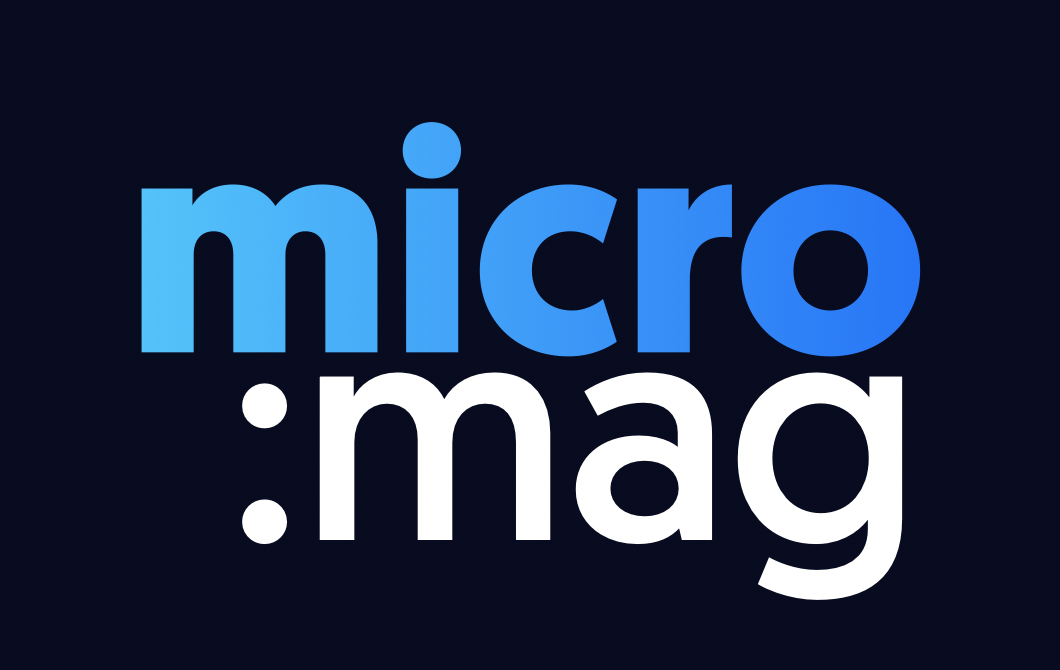Australian Computing Academy Digital Tech Olympics

About the Author
The Australian Computing Academy provides primary and secondary educators with classroom resources and training to help implement the Australian Digital Technologies Curriculum effectively.
The Australian Computing Academy (ACA) partnered with the Western Australia Department of Education and Teachers Can Code (TCC) to hold a mini Digital Technologies Olympics in Perth, Australia. Over 150 teachers gathered for a unique competition as part of a two-day professional training workshop. Teachers had fun and learned valuable new digital technologies (DT) skills through hands-on learning and collaboration with their peers. The micro:bit is a fantastic tool to raise engagement and interest towards DT given its interactive qualities, and so the ACA team challenged the teachers to work together in teams and create micro:bit projects that integrate computing with sports and other learning areas which can link back to the Health and Physical Education Curriculum. On the eve of the DT Olympics, there was a hive of planning, prototyping and designing after a hands-on workshop conducted by the ACA on algorithms and programming basics. As the teachers pushed towards the completion of their group projects, they were able to reflect on the frustrations and challenges that their own students encounter in working with tech. All teams showed astounding levels of creativity and so much was achieved after just three short learning sessions!

Among the impressive projects were
The “micro:bit dance challenge” which uses the radio to give the participant an easy or difficult dance sequence to follow;
The “cupid’s arrow” that challenges participants to test their archery skills;
The “balancing act” wherein micro:bit accelerometers are used to detect balance and stability in yoga stances;
The “push yourself,” which involves a micro:bit-powered car in the middle of two individuals who need to do push-ups to move it towards themselves to win.
You can have a taste of the DT Olympics by trying out the awesome ACA Milk Bottle Challenge.
While there was no shortage of competitiveness between teams, there was a great atmosphere of support and positivity as they presented their work and tested each other’s projects. Everyone was enthusiastic in giving and receiving valuable insights on how to design, code, test and implement solutions. Many groups also shared how their particular activity could be differentiated for specific classroom needs, thus making learning applicable to a diverse range of contexts.

See the amazing teachers in action:
Follow The Australian Computing Academy
